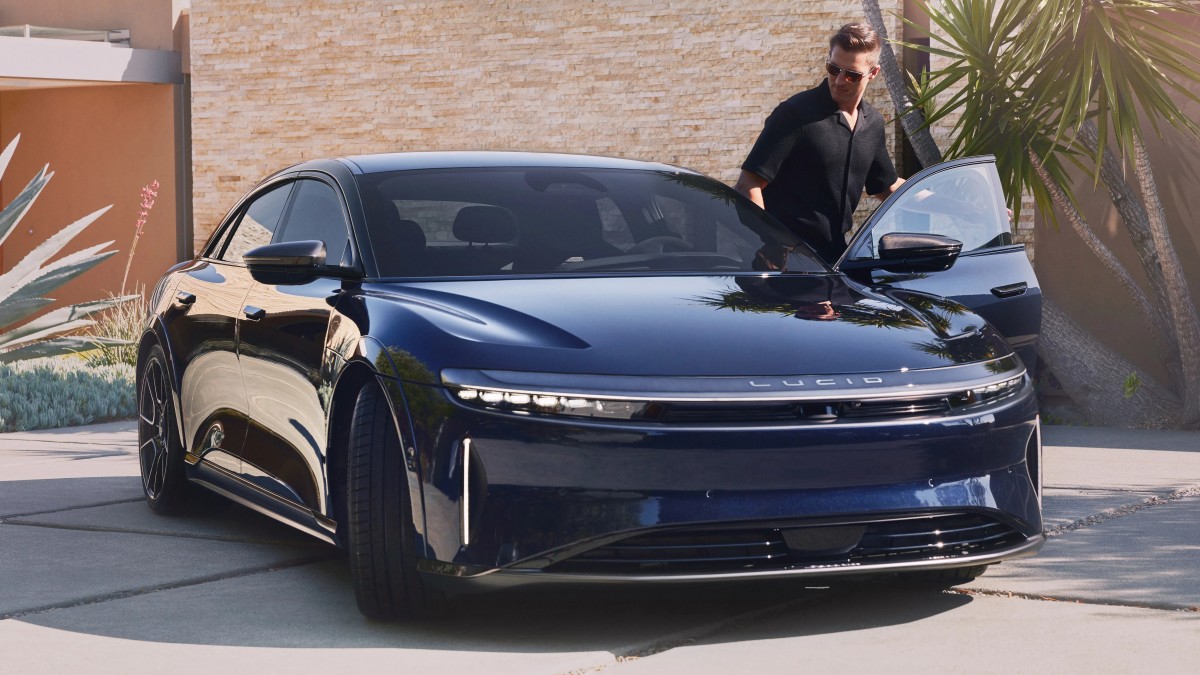
It’s another week, and analysts are mulling over Tesla's EV-centric rivals: Rivian and Lucid. Meanwhile, Bank of America analysts shared some insights about EVs and the auto industry.
Don't miss the move: Subscribe to TheStreet's free daily newsletter
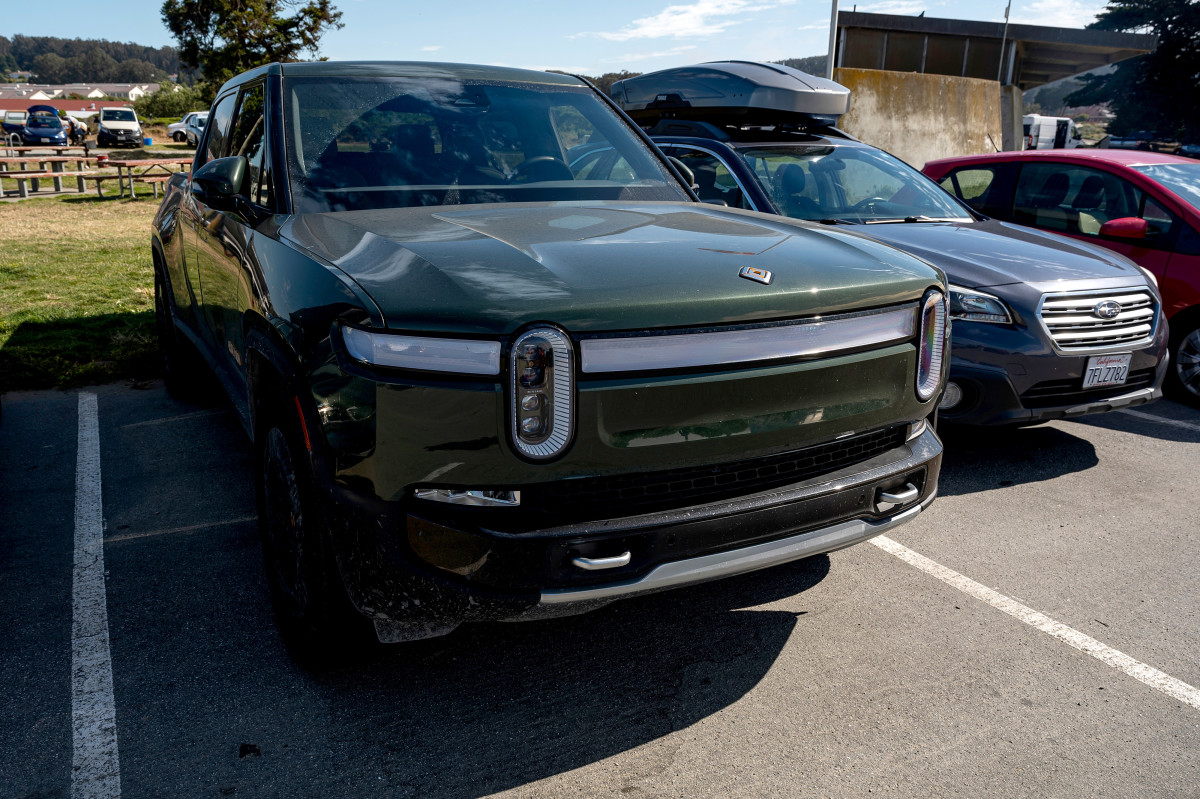
Spoiling the Rivian party
Shortly after Rivian (RIVN) released its Q3 2024 delivery and production numbers on October 4, Deutsche Bank analyst Edison Yu reduced its price target from $14 to 13 because of admitted faults it noted in its release.
The Irvine, California-based company announced that it produced 13,157 units at its Normal, Illinois production facility and delivered 10,018 vehicles to customers, some of its lowest quarterly figures since Q1 2023, attributed to recent factory issues.
"Rivian is experiencing a production disruption due to a shortage of a shared component on the R1 and RCV platforms. This supply shortage impact began in Q3 of this year, has become more acute in recent weeks and continues," the automaker said.
Related: Morgan Stanley Analysts mull Rivian, Ford; Tesla bulls confident into wild week
"As a result of the supply shortage, Rivian is revising its annual production guidance to be between 47,000 and 49,000 vehicles. The company is also reaffirming its annual delivery outlook of low single-digit growth as compared to 2023, which it expects to be in a range of 50,500 to 52,000 vehicles."
Yu isn't the only analyst on Wall Street that feels this way. In a recent note, Barclays analyst Dan Levy said that the production issues made the delivery result “particularly disappointing.” He maintains an "Equal Weight" rating for Rivian stock but reduced the firm's price target from $16 to $13 per share.
Wells Fargo analyst Colin Langan shares this sentiment. He kept an "Equal Weight" rating on Rivian stock but slashed his price target from $15 to $11 per share.
Rivian is expected to announce its Q3 2024 earnings on November 7, 2024, after market close.
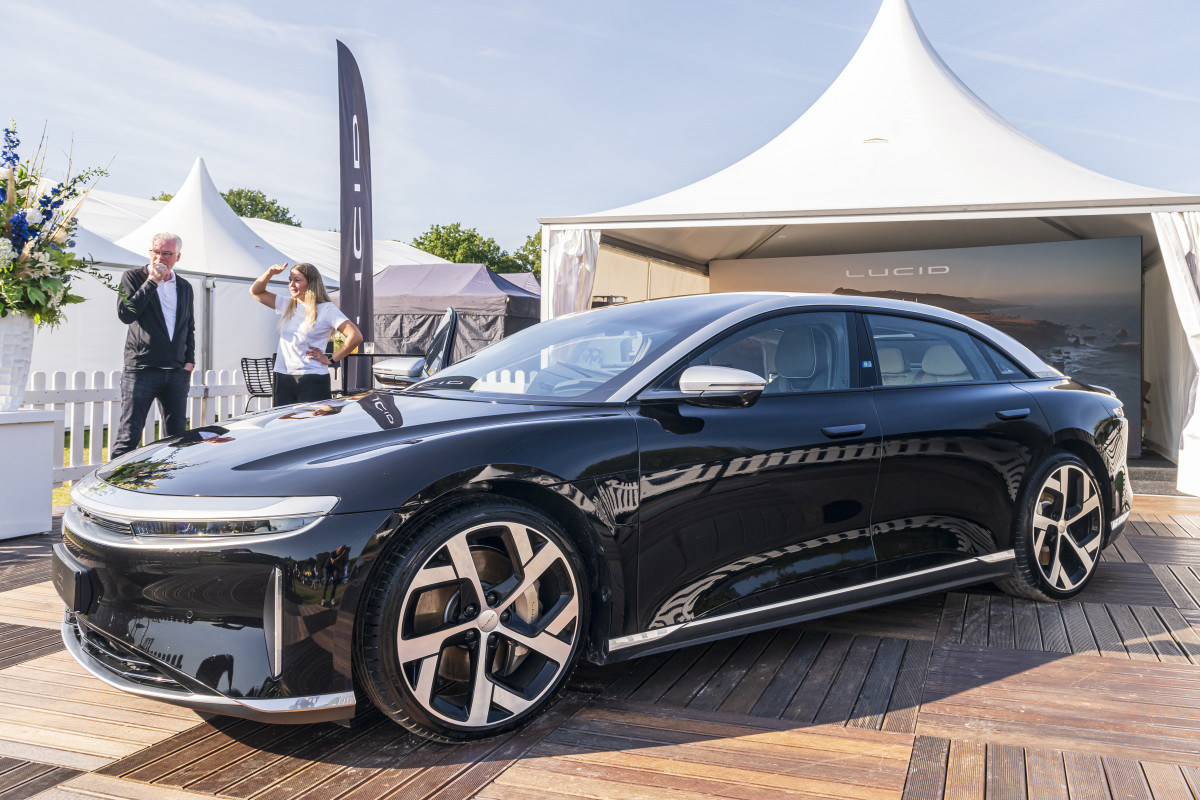
A lifeline for Lucid
Lucid (LCID) is a very peculiar automaker. It is one of those operations that most people who know the words in the acrostic 'EBITDA' wonder how it is still operating.
Currently, the automaker makes just one model: the Car and Driver 10 Best-worthy Air Sedan. But despite selling a record number of them, Lucid Motors is more of a cash burner than a cash earner.
On August 5, it reported a net loss of $790 million during Q2 2024, a 3.4% higher loss than the same period last year.
Despite those extremely worrying results, the Saudi Arabian Public Investment Fund, its biggest shareholder, injected another $1.5 billion into the luxury electric automaker.
Related: Tesla rival's new EV may be its last chance to take down Elon
Shortly after the automaker's Tech & Manufacturing day on September 10, Bank of America analyst John Murphy drew special attention to some breakthrough technology unveiled at the event: a miniaturized drive unit that will enable them to use a smaller battery pack than its competitors.
"We would ultimately like to see this translate into improved financial results and profitability," the analysts said. "However, note that LCID currently does not enjoy any benefit from production at scale since production volumes remain low."
In a new 8-K filing on October 16, Lucid announced estimated losses between $765 million and $790 million despite delivering 387 more Airs than the prior quarter. The document also disclosed that it would be publicly offering more than 262 million shares of common stock and will sell nearly 375 million shares to Ayar Third Investment Company, an affiliate of the Saudi PIF.
This is a "major red flag" to CFRA analyst Garrett Nelson, who wrote in a research note the same week that it was rejected because of “the precipitous decline for the stock over the past several quarters."
More Business of EVs:
- A ridiculous Tesla Supercharging flaw is making EV owners hostile
- Study: EV charging stations have a secret built-in business benefit
- Mercedes latest tech is ahead of Tesla in one key area
Nelson, who reiterated his firm's Sell rating and $2 price target on Lucid stock noted that Air sedans were starting to be sold at fire-sale prices, noting “a steep sequential drop” in revenue of approximately $12,000 per vehicle.
But for every bear, there is a bull; and that bull in this instance is Bank of America's John Murphy.
In a note released on Oct. 18, Murphy reiterated a Neutral rating and $3.40 price target on Lucid shares but noted that he and the bank "view the company as one of the most attractive among the universe of start-up EV automakers," pointing to the company's key strengths amidst a tumultuous EV landscape.
“We also believe Lucid has more pieces of the puzzle in place and in process than most of its peers, and it is steered by a management team with impressive experience,” Murphy wrote.
However, Murphy addressed the elephant in the room: Lucid's tough road to profitability.
"We now expect it could take until 2027+ for LCID to break even on an operating and cash flow basis and it would need to raise a substantial amount of capital over the next few years."
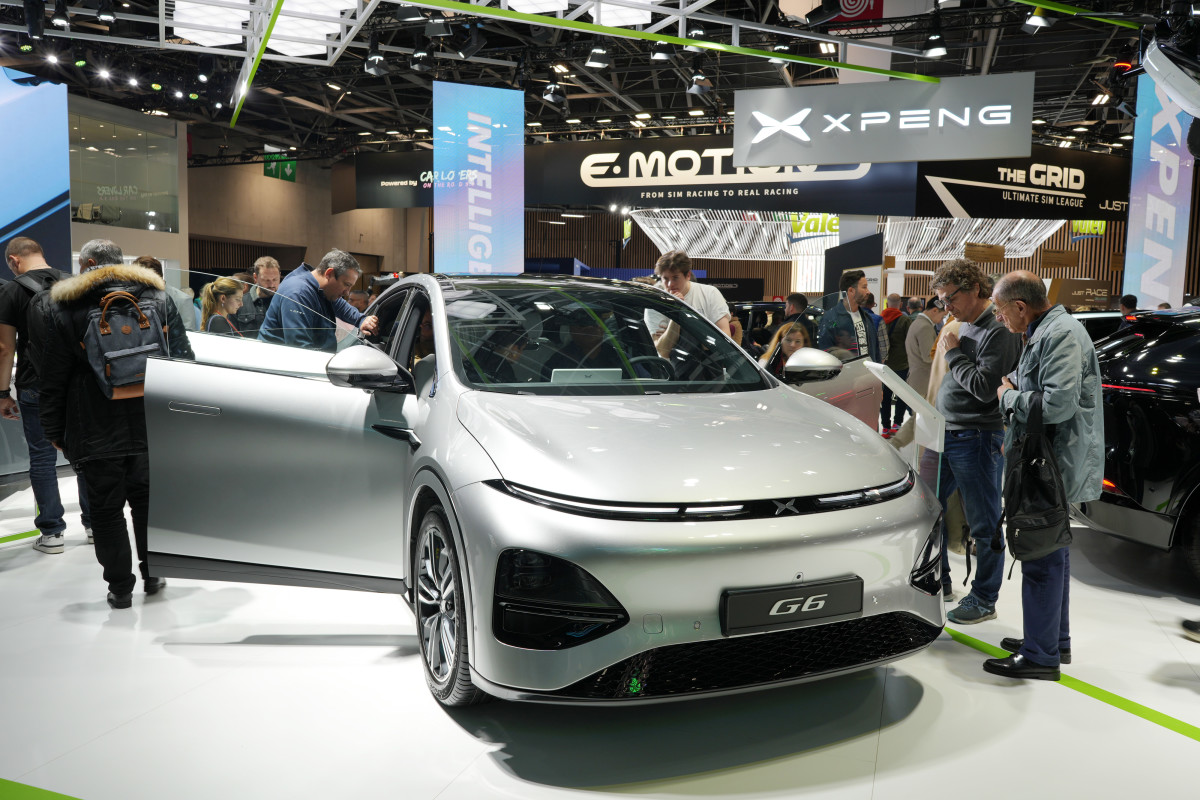
Bank of America's EV predictions
On Oct. 18, Bank of America held a webcast starring its Global Autos Research team, including auto analyst Ming Lee and US autos analyst John Murphy, which saw them deliver their insights on various topics affecting EVs and the auto industry as a whole.
In one section of the webcast, BofA Greater China Autos & Industrials analyst Ming Lee discussed the implications of Chinese manufacturers like XPeng (XPEV) and Geely's (GELYF) Zeekr offering products that not only undercut competitors like the Shanghai-produced Tesla Model Y.
He argues that by offering their EVs in specifications stuffed with advanced tech and luxurious features, these automakers can not only pose a threat to Western manufacturers in their home markets but permanently bar them from an important customer base: the Chinese consumer.
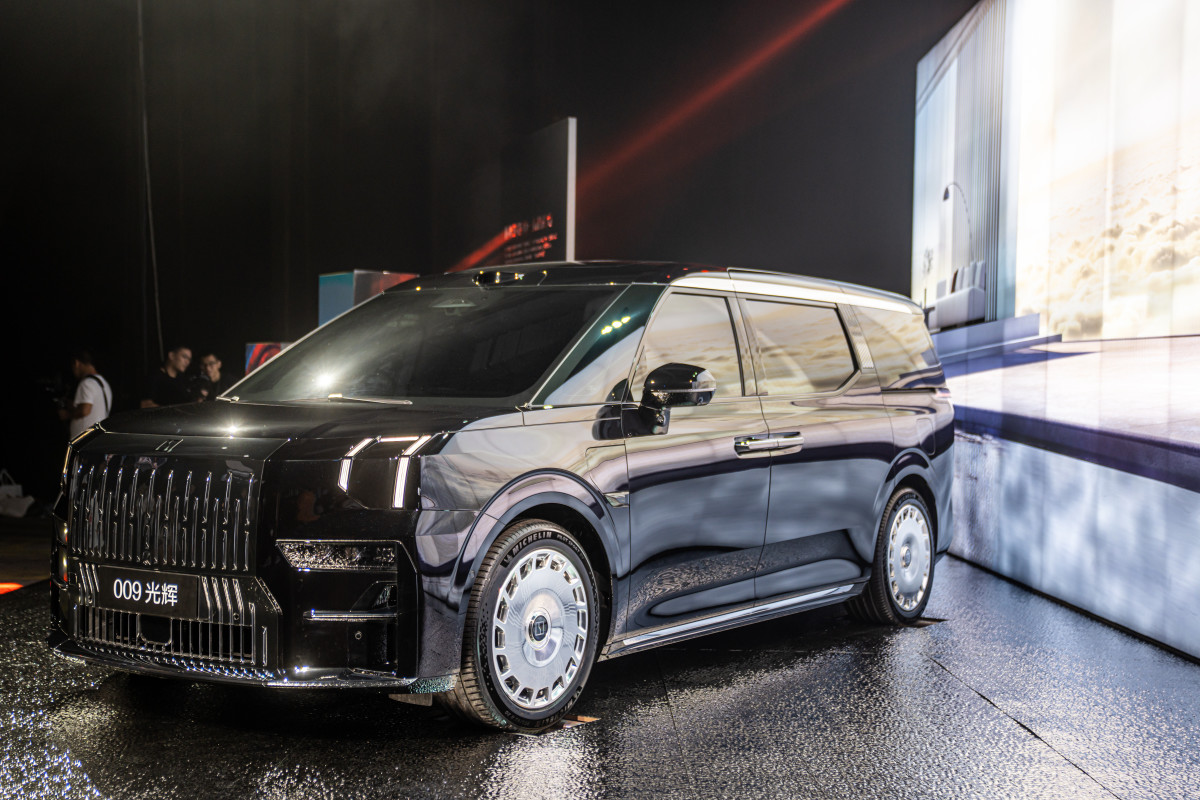
"So, I expect foreign brands' market share in China will continue to decrease. Three to four years ago, foreign brands, they had around 65% market share in China. But this year, we expect only 40%. And there is a high probability to see the trend to continue," Lee said.
"So I think they will be the trend in the next few years."
Toward the end of the webcast, the moderator for the session asked US autos analyst John Murphy about what implications on EVs and the auto industry could happen in a potential Harris or Trump administration after the 2024 U.S. presidential elections finally take place. Murphy pointed out some obvious partisan and political moves the candidates would push.
"I think the cascade is starting with the IRA, and the reality is Trump has voiced obviously some concern about the spending that's going on there in the subsidies, and the desire to probably end those, so I think that would be sort of the first stop is the $7,500 consumer incentive could get potentially rolled back," Murphy said.
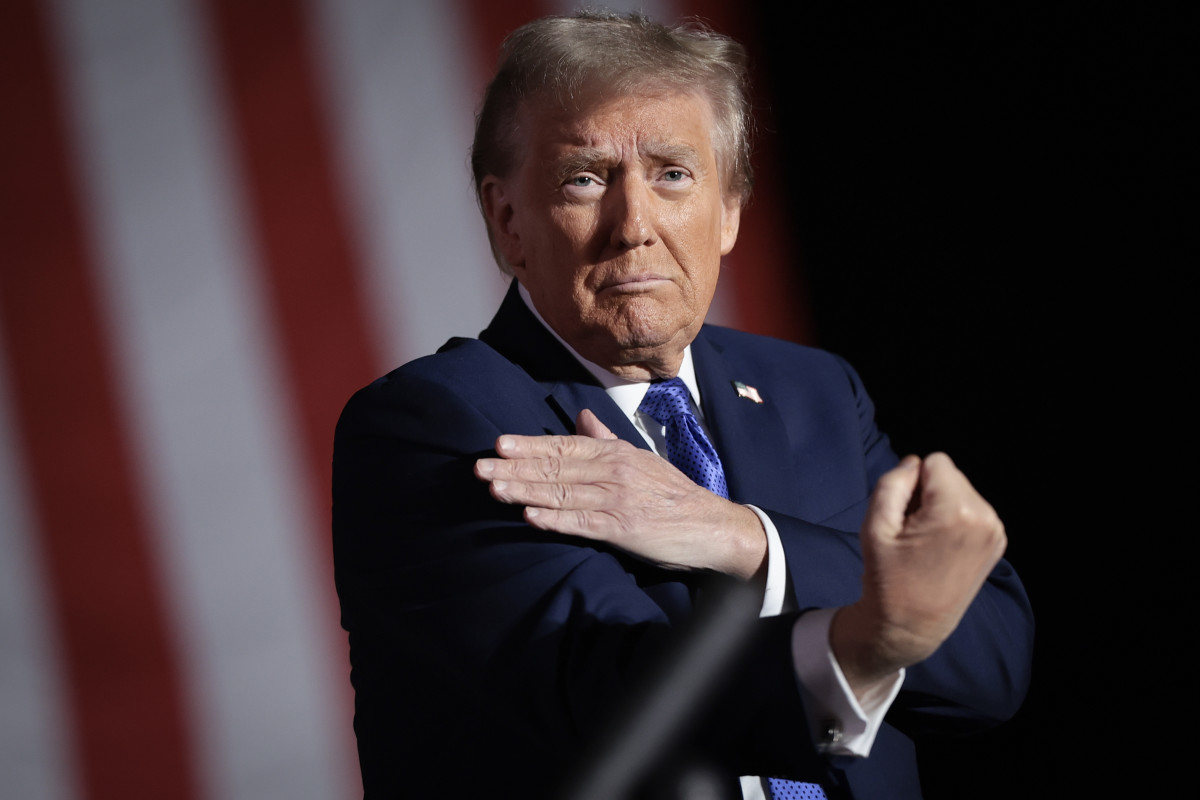
Murphy also predicted that in a Trump presidency, the California Air Resources Board (CARB) would lose its ability to set emission standards like Newsom's infamous so-called 1"EV mandate" that could be adopted by other states. He also mentioned a less-discussed third topic that is also important: trade and tariffs.
In essence, Murphy feels that the topic is a bipartisan issue that will trigger a radical trade move from Harris or Trump, if elected.
"I think there's kind of the sort of the backdoor issue of what's going on with the USMCA that I think both of them will be reasonably aggressive on," he said.
"Trump probably more vocally, and maybe a bit more aggressive on the potential for a leakage of or sort of backdoor trade coming from China through Mexico, so getting the USMCA worked out to block that, if you will, or deal with that in a way that would close that back door."
Related: Veteran fund manager sees world of pain coming for stocks


.png?w=600)




